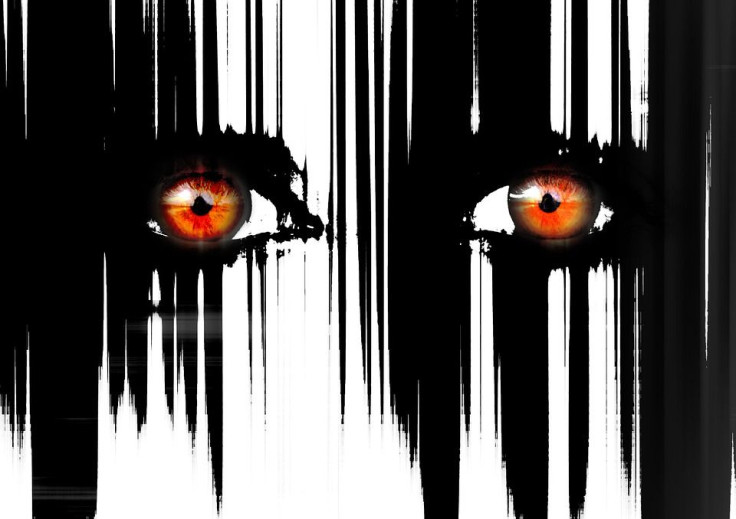Magic Therapy Program Alleviates Anxiety in Pediatric Patients

Hospitalization brings increased psychological discomfort to kids as well as their caregivers. This anxiety not only affects the patient-caretaker response but also the course of treatment.
The researchers at the Stony Brooks Children’s Hospital who sought to evaluate the impact of a magic therapy program have found that it alleviated in-patient as well as caregiver anxiety by 25%. The findings also suggest that a magic therapy program meant for pediatric inpatient care might prove beneficial to patients as well as their caregivers during hospitalizations and that it should be considered for implementation.
"It is important to develop tools to facilitate coping and encourage distraction for patients due to anxieties associated with hospitalization," said Harrison Pravder, co-founder of MagicAid and a fourth-year student at the Renaissance School of Medicine at Stony Brook University. "Anxiety often arises due to loss of self-determination and separation from home and family in patients, while, for parents, stress is often related to their child’s hospitalization and other concerns such as financial costs, and this stress can translate back to the child."
The researchers evaluated 100 patients between 5 and 16 years and 90 caregivers at Stony Brook Children’s. The magic therapy was an interactive therapy comprising watching, learning and performing magic tricks. Researchers measured anxiety before and after the magic program intervention using validated self-report tools. These included a facial image scale and the venham picture test for young patients and a pictorial scale and a written scale for older ones. The anxiety level of caregivers was tracked using a written linear scale.
MagicAid is a non-profit organization at Stony Brook Children’s' program and guided by the professionals in the Child Life Program.
© Copyright IBTimes 2024. All rights reserved.






















